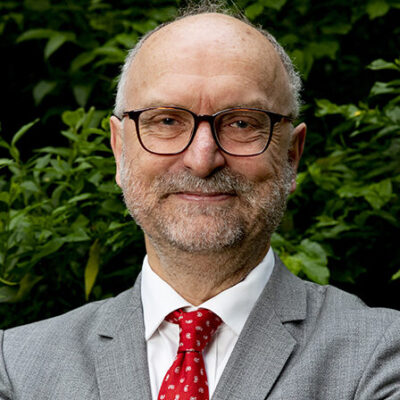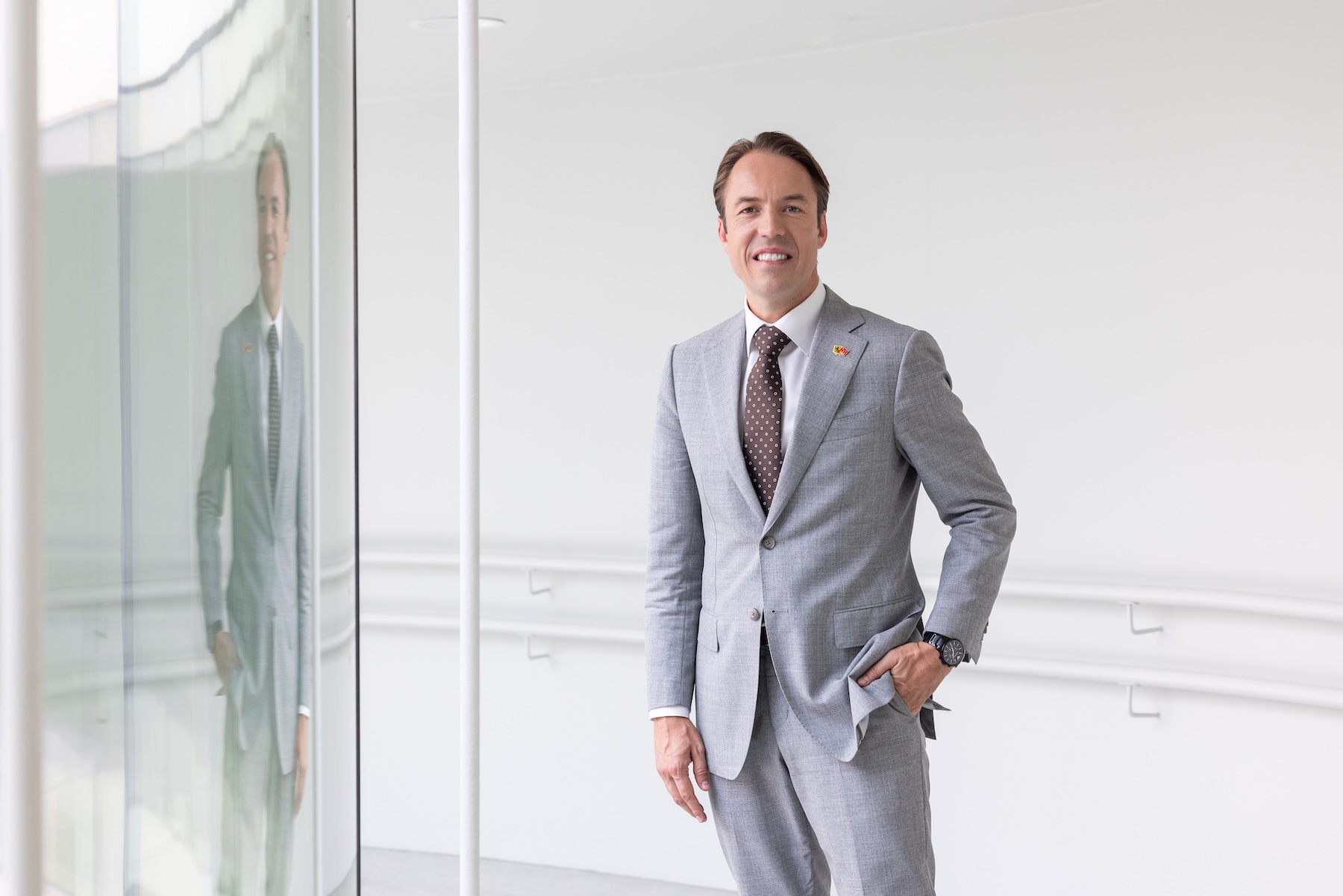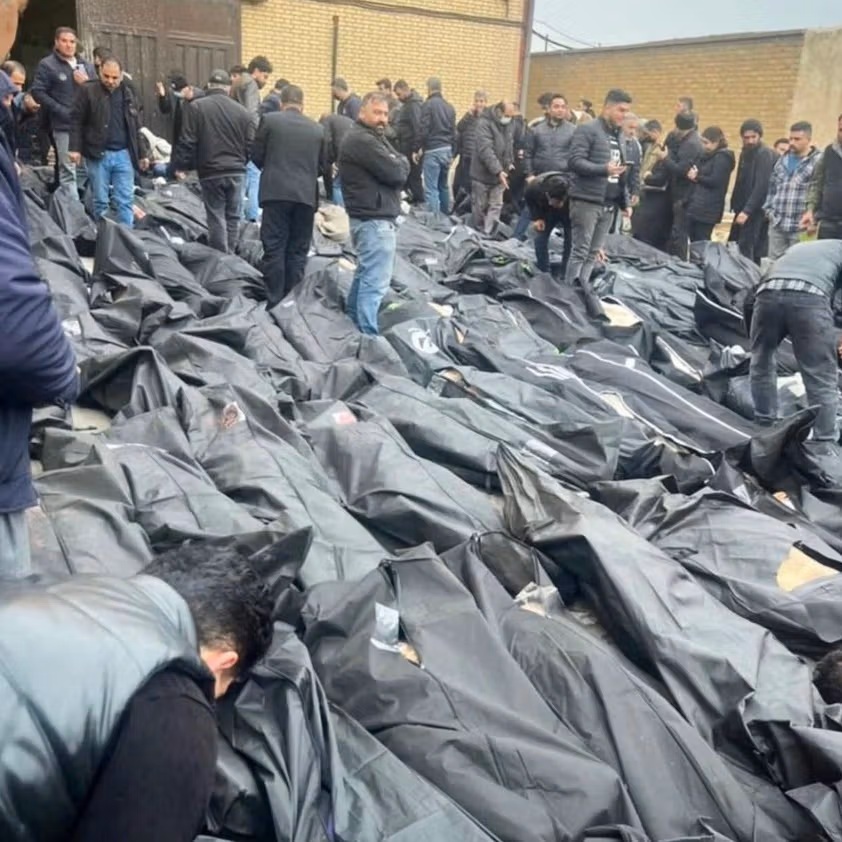
In the West, criticising religion is no longer taboo; at least, not when it comes to Christianity, Judaism, Hinduism, or Buddhism. But when it comes to Islam, the tone changes. Criticism is not only controversial, but at times life-threatening, as evidenced by the murders of Theo van Gogh, Samuel Paty, and the fatwa against Salman Rushdie. Even without violence, critics often face accusations of racism or Islamophobia.
By Paul Cliteur
Yet, in the Netherlands, some have bravely spoken out. Many have emerged from the liberal political tradition, particularly from the VVD (People’s Party for Freedom and Democracy) or parties that split off. This article discusses four key liberal critics of Islam: Frits Bolkestein, Ayaan Hirsi Ali, Geert Wilders, and Keyvan Shahbazi.
Frits Bolkestein: The Pioneer of Political Islam Critique
In 1991, VVD leader Frits Bolkestein wrote a landmark opinion piece in de Volkskrant calling for a significant debate on integration. In doing so, he also voiced sharp criticism of Islam. He argued that the rise of Islamic communities in Europe was challenging core Enlightenment values—separation of church and state, freedom of speech, tolerance, and non-discrimination.
According to Bolkestein, Islam, as practised in many parts of the world, was incompatible with these liberal values. He pointed to the fatwa against Salman Rushdie and examples of intolerant rhetoric on religious broadcasts. His conclusion: integration must be based on shared values, not cultural relativism.
The backlash was swift. Politicians accused him of arrogance, racism, and stoking division. Despite stirring the pot, Bolkestein’s party did not answer his call, and the debate went quiet.
Until 9/11, 2001.
Ayaan Hirsi Ali: The Insider with a Voice
After 9/11, Islamic fundamentalism became a global concern. In the Netherlands, Ayaan Hirsi Ali stepped into the spotlight—a Somali refugee, victim of female genital mutilation, and critic of Islam from personal experience. In 2002, she became a Member of Parliament for the VVD.
Her 2001 op-ed “Give Us a Voltaire” demanded the same space for criticising Islam as the West affords itself with other religions. Her film Submission, co-created with filmmaker Theo van Gogh, portrayed the oppression of women in Islamic culture. Van Gogh was murdered in 2004 by a Dutch Islamist. Hirsi Ali, now living under constant security, eventually fled to the United States.
Like Bolkestein, she received little political support, and her party distanced itself. Her criticism sparked international attention but failed to take root in Dutch politics.
Geert Wilders: The Radical Continuation
A third critic of Islam in the Netherlands was Geert Wilders. In 2004, the year Van Gogh was killed for the film Submission, Wilders left the VVD over disagreements about Turkey joining the EU. He started his faction and, in 2006, launched the Party for Freedom (PVV). Unlike Bolkestein or Hirsi Ali, Wilders didn’t argue for reform—he denounced Islam as a whole.
Wilders advocated banning the Quran, closing mosques, and halting immigration from Muslim countries. His stance turned from a critique of Islam to outright opposition to Islam. Unsurprisingly, he faced jihadist threats and was politically marginalised.
For two decades, he has lived under heavy security and been the target of multiple assassination plots. Still, he persists in his message.
Keyvan Shahbazi: The Intellectual Successor?
Iranian-Dutch psychologist Keyvan Shahbazi recently joined the conversation with his book The Price of Freedom (2025). His tone is unflinching: “I am furious with pure Islam, the prophet Mohammed, and the malignant Koranic ideas,” he writes.
Shahbazi’s views are rooted in his youth under Ayatollah Khomeini’s regime. What began as a revolution against tyranny turned into a brutal theocracy. This personal history informs his rejection of Islam.
Yet, Shahbazi distances himself from Wilders, calling the PVV’s populism “pointless.” This is strange because Shahbazi and Wilders defend the same position. Both see Islam, not just “Islamism,” as the source of violence and oppression. Both reject the notion of a peaceful, moderate Islam as a Western fantasy.
Ignoring the Predecessors
Oddly, Shahbazi shows little awareness of those who paved the way for Islamic criticism in the Netherlands. He misspells Hirsi Ali’s name in his book and fails to reference Wilders or other critics. His critique seems driven more by anger than by theological or philosophical analysis.
Though eloquent, his work lacks a deeper study of religion, and his understanding of Islamic theology remains superficial. Moreover, despite sharing his core message with Wilders, he seems eager to stay on good terms with the media and political institutions by publicly rejecting Wilders.
The Problem with Liberal Islam Criticism
What unites all four figures is that their criticism triggered two powerful reactions: (1) jihadist threats and (2) moral condemnation from progressive elites. Criticising Islam often means risking your life or being branded a bigot. That combination kills honest debate.
Bolkestein withdrew. Hirsi Ali left. Wilders was politically exiled. And Shahbazi walks a tightrope—repeating Wilders’ arguments while pretending not to.
As a result, severe political criticism of Islam in the Netherlands has all but disappeared.
Why This Matters
Is that a problem? That’s a problem, because the issues Bolkestein raised in 1991 remain unresolved. How does Islam fit into a liberal democratic society? Can Western values survive without open debate?
These questions need political answers, not just intellectual ones. Issues like religious dress in police uniforms, gender inequality, and the protection of free speech all require legislative and judicial action.
But those debates are stifled as long as critics are punished—either with violence or reputational ruin. As long as new critics like Shahbazi fail to engage with their predecessors, the movement lacks depth, continuity, and resilience.





